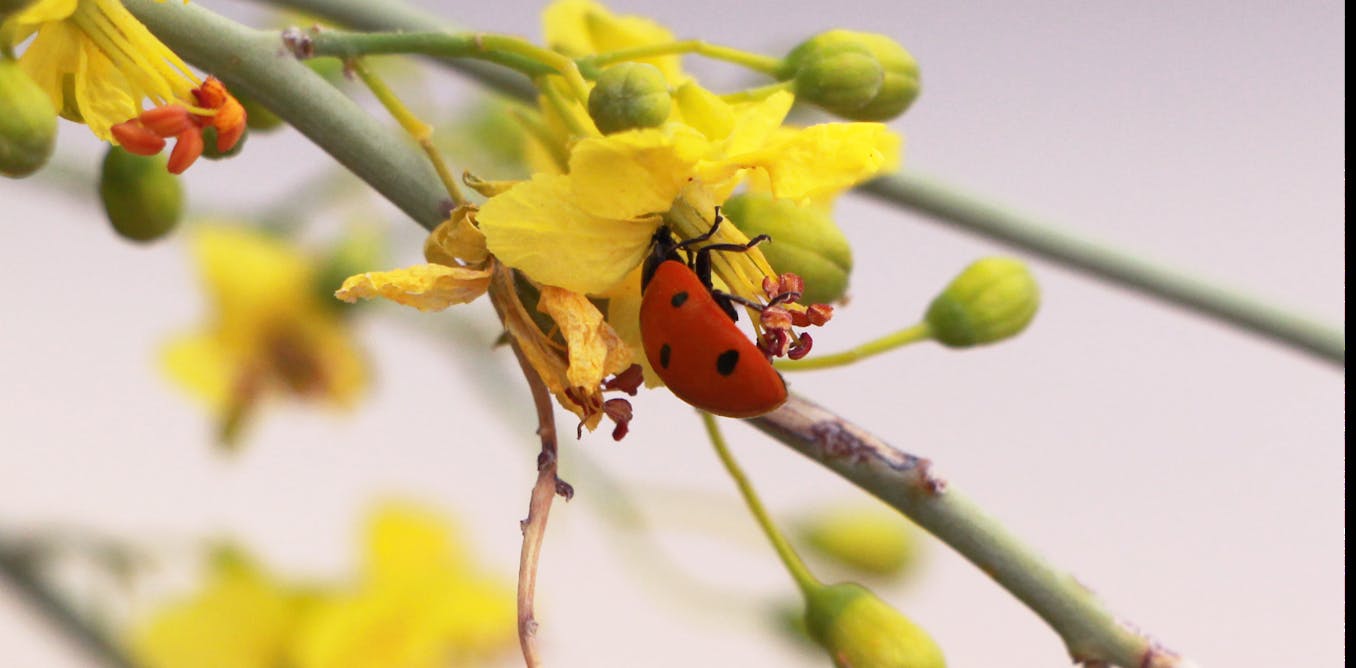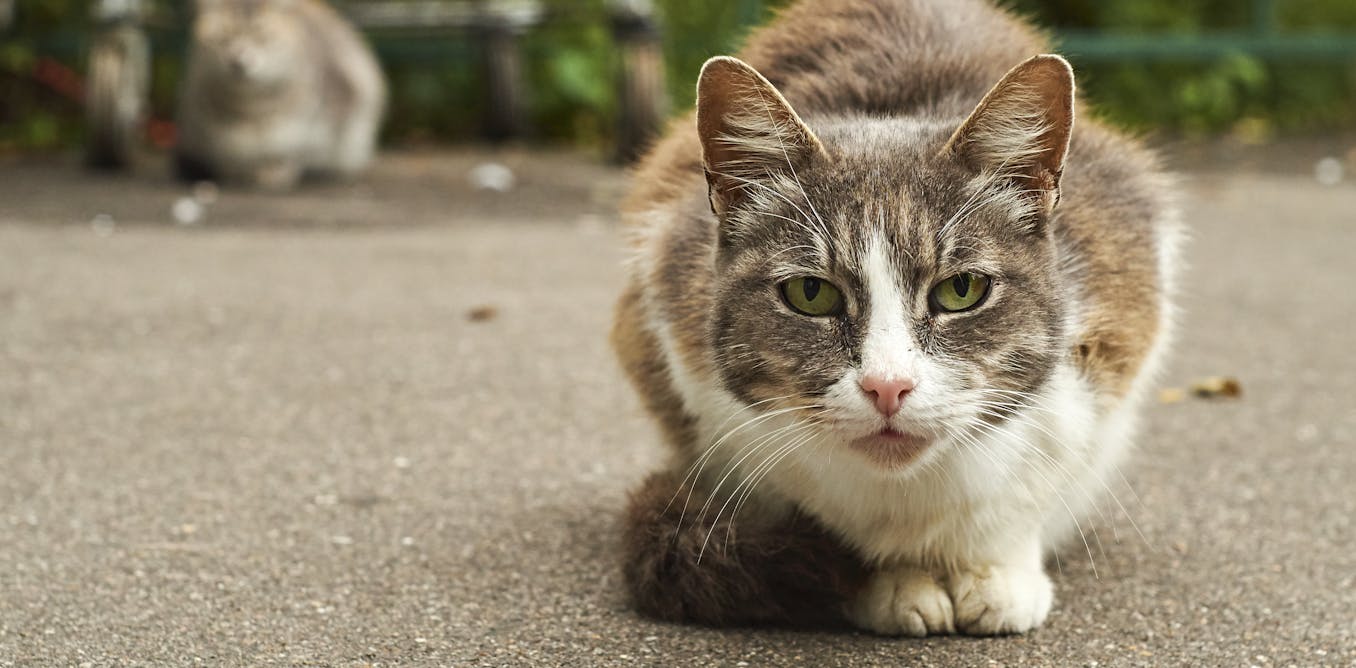Should we protect nature for its own sake? For its economic value? Because it makes us happy? Yes
With the world losing species at an alarming rate, a conservation biologist explains how ideas about protecting biodiversity have evolved over the past 40 years.
June 2, 2022 • ~10 min
E.O. Wilson's lifelong passion for ants helped him teach humans about how to live sustainably with nature
E.O. Wilson was one of the world’s leading experts on ants, but his other passion was convincing humans to see themselves as part of the natural world.
Dec. 27, 2021 • ~8 min
From a lifelong passion for ants, E.O. Wilson guided humanity to think of sustainability
E.O. Wilson was one of the world’s leading experts on ants, but his other passion was convincing humans to see themselves as part of the natural world.
Dec. 27, 2021 • ~8 min
Putting a dollar value on nature will give governments and businesses more reasons to protect it
When something is free, people use a lot of it. Economists are urging governments to compute values for natural resources – wildlife, plants, air, water – to create motives for protecting them.
May 11, 2021 • ~9 min
How to reverse global wildlife declines by 2050
Wildlife populations have plummeted by 68% since 1970. But we have a plan to turn things around.
Sept. 14, 2020 • ~6 min
Protecting half of the planet is the best way to fight climate change and biodiversity loss – we've mapped the key places to do it
A new plan targets areas around the world that can store carbon and protect large numbers of species. It calls for preserving these lands, working with Indigenous peoples and connecting wild areas.
Sept. 8, 2020 • ~9 min
Don't blame cats for destroying wildlife – shaky logic is leading to moral panic
Framing cats as responsible for declines in biodiversity is based on faulty scientific logic and fails to account for the real culprit – human activity.
July 30, 2020 • ~7 min
Evolution: why it seems to have a direction and what to expect next
Evolution seems to lead to increasing complexity of species. But perhaps a dominant, intelligent species like humans will always end up destroying itself.
June 2, 2020 • ~8 min
/
1







